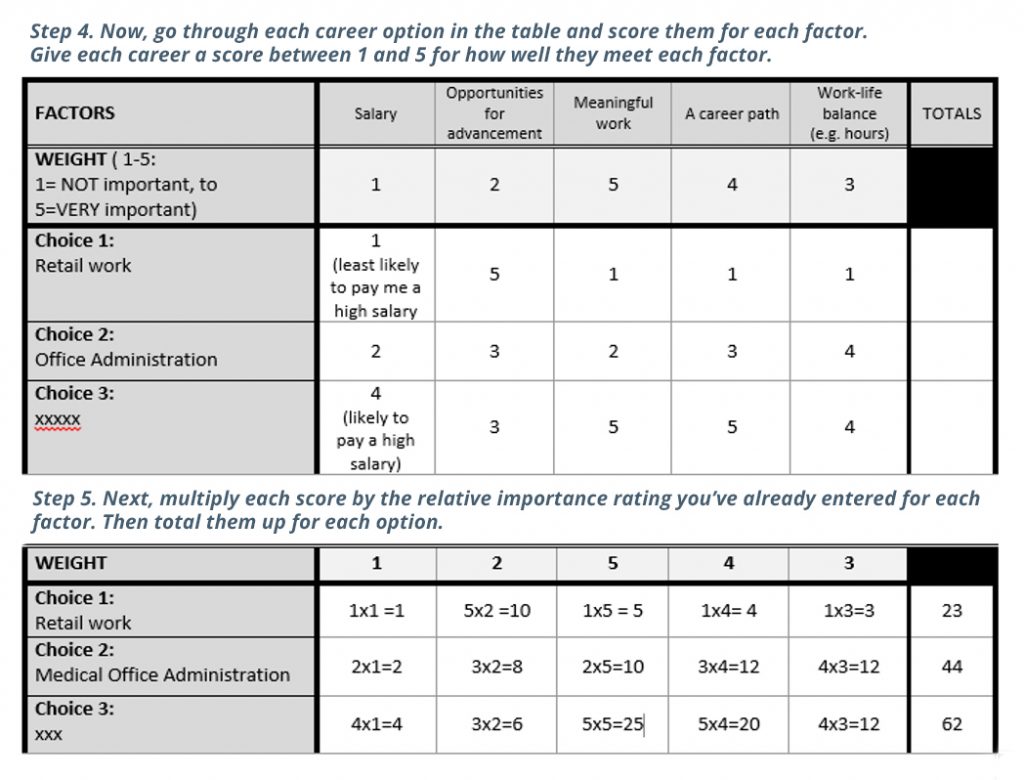- Open to Permanent Residents, Canadian Citizens, or Convention Refugees
- High level of English-language proficiency (CLB 7/8). Enhanced language training is available to applicants, if needed, prior to starting the program
- Degree in architecture from a university outside Canada
- OAA Intern Architects eligible to write the Examination for Architects in Canada (ExAC)**
*Note:
- The practice of architecture in Ontario is governed by the Ontario Association of Architects (OAA). All individuals who are internationally trained in the field of architecture, or who have held the status of architect in another jurisdiction must contact the OAA or visit the OAA website at www.oaa.on.ca for current information about licensing requirements and the licensing process in Ontario.
- JVS Toronto is not a licensing body in Ontario.
- The Canadian Architectural Certification Board (CACB) is the sole organization recognized by the architectural profession in Canada to:
- Assess the educational qualifications of architecture graduates;
- Accredit professional degree Programs in architecture offered by Canadian Universities; and
- Certify the professional qualifications of Broadly Experienced Foreign Architects.
- Architectural services may only be offered through a Certificate of Practice issued by the OAA.
**The content of this program has not been reviewed or endorsed by the Committee for the Examination for Architects in Canada (CExAC). The ExAC is an experience based exam. It is the practical application of knowledge acquired through education and readings that will support examination success. Taking this program without applying the knowledge gained through practice may not result in examination success.






